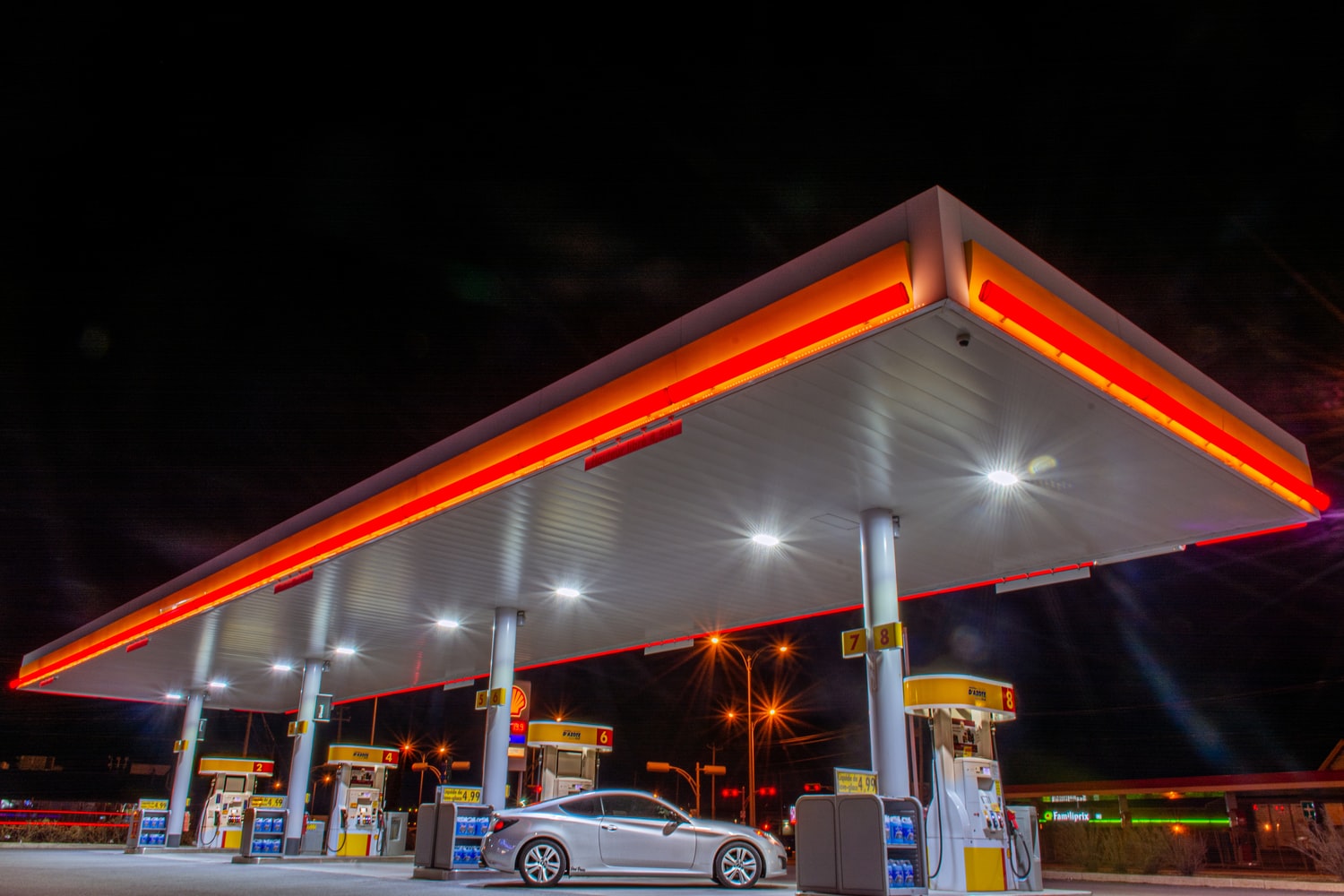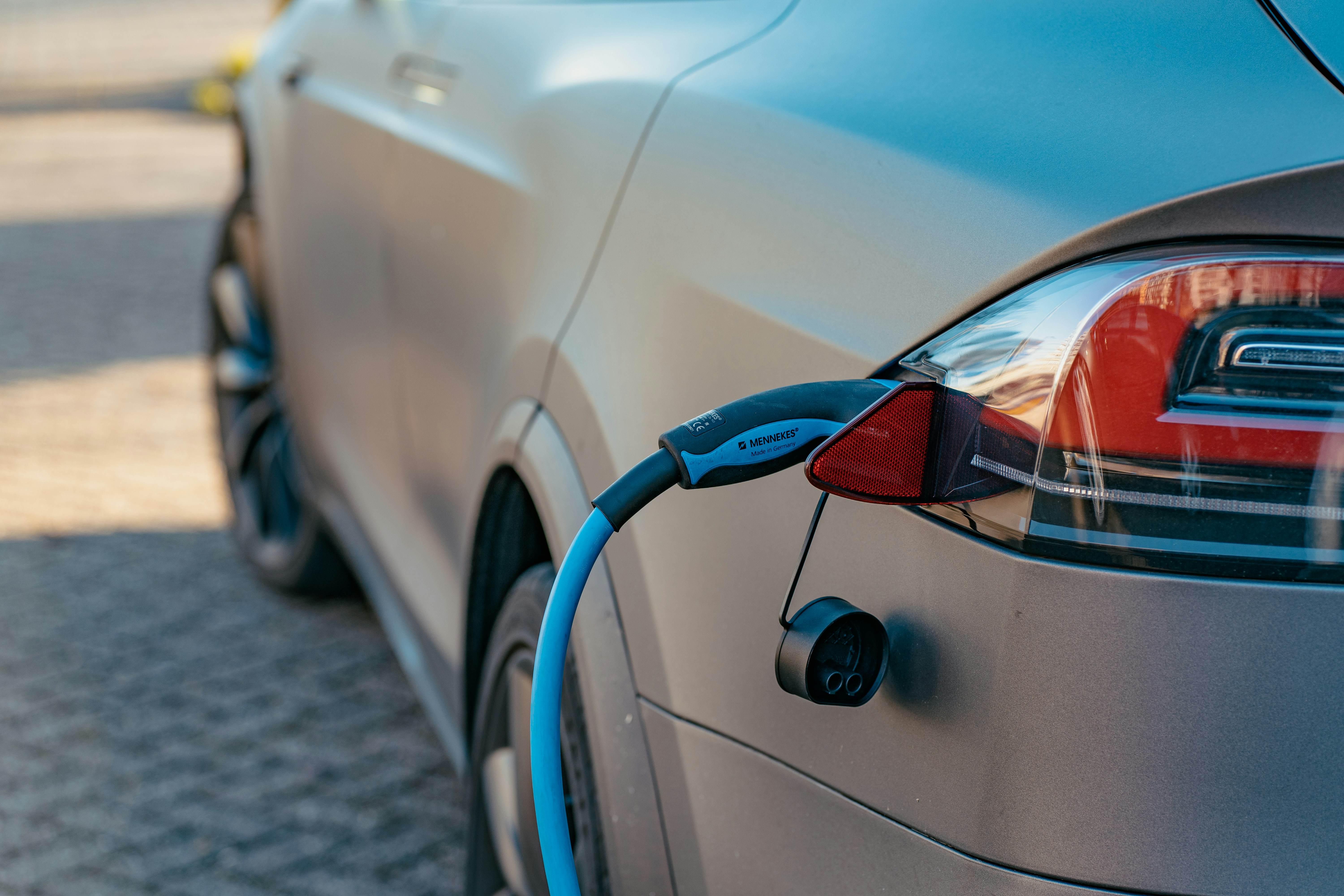
Quick and swift expansion of the EV charging network is imperative
Each day, the U.S. is moving towards a more ecofriendly society and electrifying the transportation sector is essential for this. In fact, research shows that a majority of greenhouse gas (GHG) emissions come from the transportation industry. Having a robust public electric vehicle (EV) charging network will help support the conversion to electric mobility and a depletion in GHG emissions. It is absolutely imperative that a national EV charging infrastructure be rolled out quickly and efficiently. An expanded EV charging network will help reduce consumer fear of running out of charge between stops, known as “range anxiety”- a potential barrier for consumers converting to EVs.
Fuel retailers are prepared to rapidly recreate today’s conventional fueling experience – both in terms of location convenience and the provision of “secondary services” such as food and beverage, bathrooms, and stores – all for EV refueling. With 58% of Americans citing “range anxiety” as a major barrier to purchasing an EV, the more than 150,000 existing fuel stations are primed to give consumers the peace of mind they need to transition to EVs. Major stakeholders must concentrate on their core skills in order to electrify the transportation business. The most efficient and cost-effective way to build a nationwide network of electric vehicle charging stations is for fuel retailers and power companies to collaborate, each focusing on their areas of expertise. Moreover, utilities can focus on their core competencies of generating and transmitting electricity, while fuel merchants may offer electricity to customers at a competitive price, in a simple and familiar manner.
With refueling stations currently occupying prime real estate around the country, the industry is well positioned to quickly and effectively build the necessary EV network. Utilities should work with fuel retailers to establish EV charging infrastructure and focus on preparing the grid for 21st-century demands. In order for the transportation sector to cultivate the robust development and adoption of EVs by the customer for a successful national charging network, speed to market and capital efficiency must also be present. Due to the urgency of climate change, speed is of upmost importance. Additionally, leveraging core-competencies in all aspects of the supply chain and creating incentives for these companies to accelerate the development of the required infrastructure should not be taken lightly. As the number of EVs on U.S. roads is projected to increase swiftly in this decade, now is the time to amplify the charging networks to avoid any major consequences.



